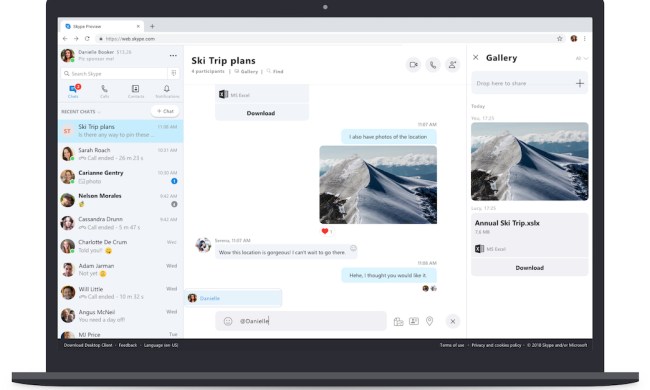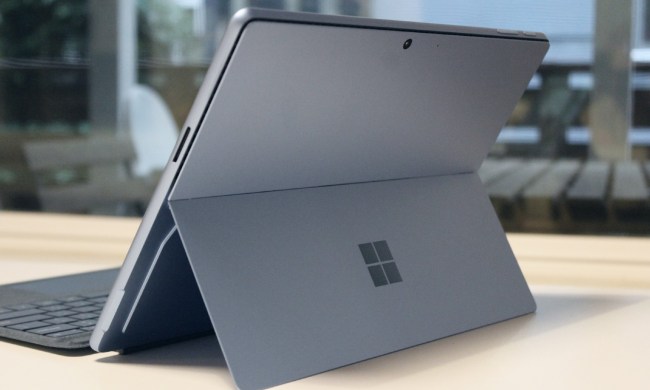Microsoft could have plans to scrap its use of hard disk drives (HDD) among its main storage components on PCs running Windows 11, according to a recent report by industry analyst firm Trendfocus, as reported by Tom’s Hardware.
If Microsoft goes through with its plans, consumers could begin to see solid-state hard drives (SSD) instead, with the exception of dual-drive desktop PCs and gaming laptops, which require multiple types of storage, as Tom’s Hardware noted.

While Microsoft has declined to comment on the matter, the current trends indicate a complete market transition to SSD by 2023. Many PC makers already use SSD as their main storage option; however, it is still not a set standard, especially in emerging markets.
Trendforce claims Microsoft is internally pushing for the switch to SSD as the main storage standard for Windows 11 PCs; however, the brand has not implemented any requirements for computer or laptop makers to follow.
Tom’s Hardware noted that Windows 11 requires PCs to have at least 64GB of storage for installation but does not specify a type of hard drive. The operating system has, of course, been available since last October to both HDD and SSD devices.
However, the publication wonders if Microsoft requiring Windows 11 PCs to have SSDs in 2023 will lead to a list of minimum specifications for computers as a whole, and furthermore, whether device makers would be penalized for not following the list.
Overall, analysts note that Microsoft’s moves are financially driven, with SSDs costing more per unit than HDDs. With the pandemic boom of PCs dwindling and the price of computer components increasing due to inflation. Manufacturers remain uncertain about how they will be affected by global standings, in addition to business.
Trendfocus Vice President John Chen told Tom’s Hardware that 2023 is still not a hard date for the transition to SSD. Some suggestions considered in talks with Microsoft include holding off the transition of emerging markets until 2024 or pausing the desktop switch until that time.



